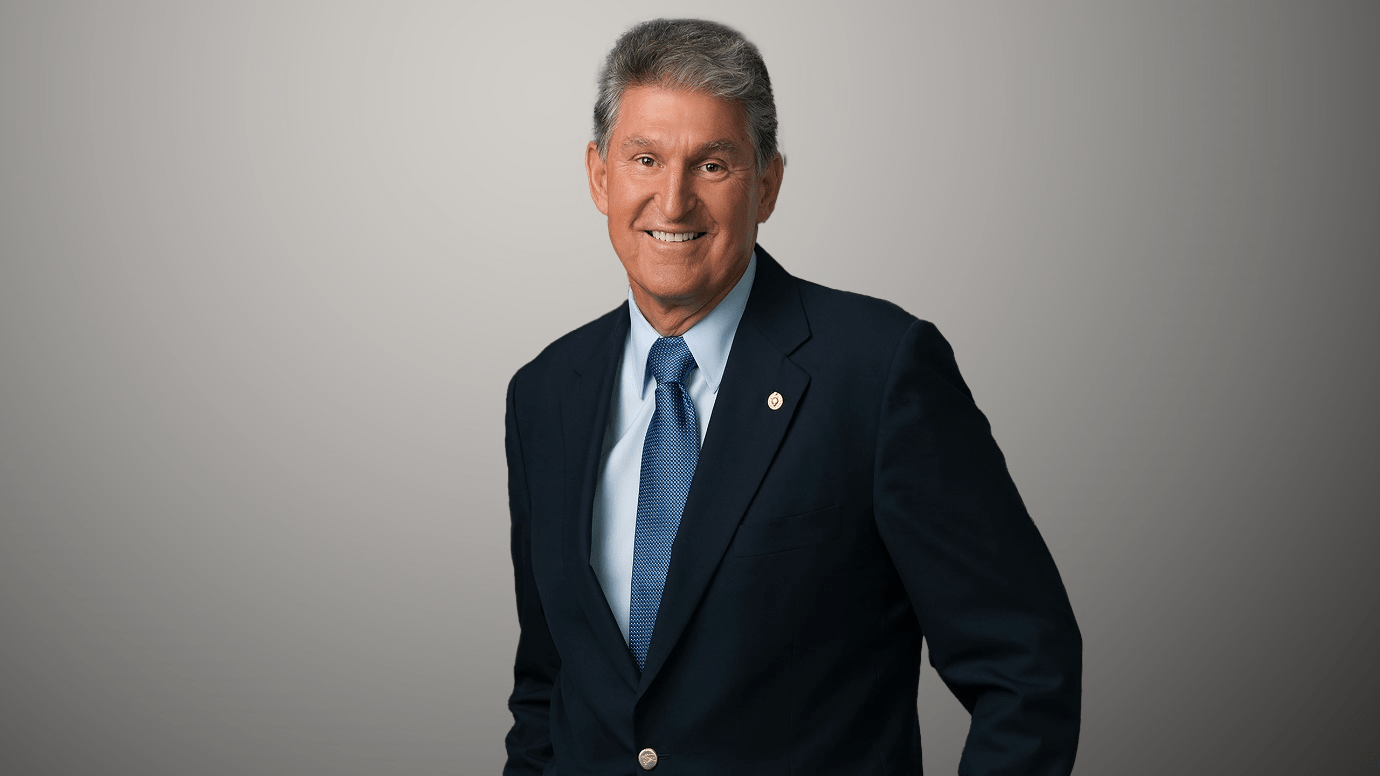
Why Skills-First Leadership Is Replacing the Ivy League Playbook in the C-Suite
The old prestige pyramid—where Ivy League degrees and blue-chip consulting backgrounds paved the way to the CEO seat—is cracking.

April 5, 2022: -Sen. Joe Manchin said Monday that he is “deeply concerned” about the new climate disclosures proposed by the Securities and Exchange Commission.
The West Virginia Democrat said that the proposals go against the regulatory body’s stated mission in a letter to the SEC. Such policies will add “undue burdens on companies,” especially in the fossil fuel industry.
“The most concerning piece of the proposed rule is what appears to be the targeting of our nation’s fossil fuel companies,” he wrote.
The SEC announced the proposed rules around climate disclosures on March 21. Companies would be required to report on greenhouse gas emissions, climate-related targets, goals, and how climate risks impact their business.
Manchin said the proposed changes are unnecessary, including that nearly two-thirds of companies in the Russell 1000 index release sustainability reports.
But these reports differ widely across companies. Companies can essentially choose what information is reported and how it’s reported. Climate data can also be challenging to collect and verify.
“To suggest that any public companies have the resources and capabilities to capture this data is shortsighted,” the letter reads. Manchin said forcing such requirements on companies could impose “undue financial hardships” and erode public trust.
Manchin is among the most conservative Democrats in the Senate and has opposed key policy proposals favored by Democrats, including President Joe Biden’s Bill Back Better Bill. He has financial ties to the coal industry and receives regular donations from fossil fuel executives, including Ryan Lance of ConocoPhillips and Vicki Hollub of Occidental.
Manchin said the SEC’s proposed rules “seemingly politicize a process aimed at assessing a public company’s financial health and compliance.” He pointed specifically to requirements around disclosure of Scope 3 emissions, which are indirect emissions from a company’s supply chain. These emissions can be tough to track.
The SEC’s proposed rule says Scope 3 emissions must be tracked “if material.” Manchin noted that some companies are already required to provide data to the Environmental Protection Agency, so adding more data reporting requirements is unnecessary. He said ultimately, it will be “timely and costly” for public companies and could also confuse investors.

The old prestige pyramid—where Ivy League degrees and blue-chip consulting backgrounds paved the way to the CEO seat—is cracking.

Loud leaders once ruled the boardroom. Charisma was currency. Big talk drove big valuations.

But the CEOs who make history in downturns aren’t the ones with the deepest cuts

Companies invest millions in leadership development, yet many of their best executives leave within a few years. Why?

The most successful business leaders don’t just identify gaps in the market; they anticipate future needs before anyone else.

With technological advancements, shifting consumer expectations, and global interconnectedness, the role of business leaders

Maushum Basu is a visionary leader who inspires his team with a clear, compelling purpose. Unafraid to take calculated risks, he understands that growth often stems from change and innovation. His deep commitment to both Airia Brands, Inc.

When speaking with Martin Paquette, one thing is immediately apparent: he’s honest. His transparency is refreshing. While many shy away from such vulnerability, Paquette sees it as a force to reckon with. The incredible emotional intelligence speaks to years of looking within—it’s also what allows him to acknowledge his mistakes gracefully and use them as opportunities to innovate.

Marina Charriere, CEO of Star Drug Testing Services, Star Drug Testing Services (Windsor Park), and First Defence Face Masks go hand in hand. Star is a drug and alcohol testing facility, and First D F M is a face mask company.

Lejjy Gafour, CEO, CULT Food Science Corp. Lejjy is a self-taught entrepreneur and experienced company operator who made his start creating opportunities at the young age of 14, and he has been working, leading, and building businesses ever since.


Leave us a message
Subscribe
Fill the form our team will contact you
Advertise with us
Fill the form our team will contact you